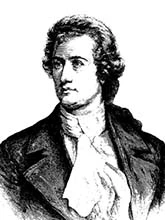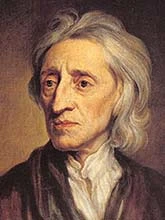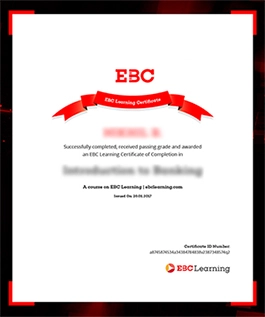Law of Limitation

The Law of Limitation prescribes the time limit within which an aggrieved person can approach the courts for redressal. The statute of limitation is a statute of repose, peace and justice. Through this course, one can understand the need for the Limitation Act - its objectives, its nature and its salient features. The subsequent chapters of this module analyze a condonation of delay, explain the bar of limitation and what happens when the limitation period expires. By the end of this course, one will be well-versed in computing the period of limitation with a better understanding of the process and importance of the limitation period. This module includes 23 videos and all relevant sections. It also includes practice exercises, examination pointers along with the full text of cases.

Mastery is proven only in limitation, and law alone can give us freedom.
Johann Wolfgang von Goethe- 1. Introduction
- 1.1 Introduction
- 2. Introduction to the Limitation Act
- 2.1 Need for the Limitation Act
- 2.2 Objectives of the Limitation Act
- 2.3 Nature of law of limitation
- 2.4 History of law of limitation
- I. Exercises
- II. Examination pointers
- 3. Scheme and salient features of limitation act, 1963
- I. Relevant sections
- 3.1 Salient features and scheme of the Limitation Act
- 3.2 Limitation and writs under the Constitution
- 3.3 Classification of period of limitation
- II. Exercises
- III. Full text of leading cases
- 4. Limitation of suits, appeals and applications (Sections 3 to 5)
- I. Relevant sections
- 4.1 The bar of limitation
- 4.2 Effect of expiry of limitation: Dismissal of suit, appeal, application (Sec. 3)
- 4.3 Extension of limitation (Sec. 5)
- 4.4 Effect of legal disability on period of limitation
- II. Exercises
- III. Examination pointers
- IV. Full text of leading cases
- 5. Computation of period of limitation
- I. Relevant sections
- 5.1 Exclusion of certain days in calculating the period of limitation
- 5.2 Other situation for exclusion
- 5.3 Exclusion of time in certain other cases
- 5.4 Effect of death on or before the accrual of the right to sue
- 5.5 Effect of fraud or mistake
- 5.6 Effect of acknowledgement on the period of limitation
- 5.7 Effect of payment (Sec. 19)
- 5.8 Effect of substituting or adding new plaintiff or defendant (Section 21)
- 5.9 Continuing breaches and torts
- II. Exercises
- III. Examination pointers
- IV. Full text of leading cases
- 6. Acquisition of ownership by possession
- I. Relevant sections
- 6.1 Acquisition of ownership by possession
- 6.2 Adverse possession: Extinguishment of right to property
- II. Exercises
- III. Examination pointers
- IV. Full text of leading cases
- I. INDEX (FULL TEXT OF CASES)
- INDEX: Full text of cases
WHY TAKE THIS COURSE?
The course will be helpful for the law students to understand the nuances of the Limitation Act as they will have to apply them as soon as they enter the profession. Aspirants who are preparing for the judiciary and learners in any legal field will be benefited from the course. A self-paced course with high-quality content promises in-depth and practical learning of the Limitation Act.
Instructors

Dr Charu Mathur
Dr Charu Mathur has rich and diverse expertise in corporate, commercial, civil, criminal and constitutional law matters. She is an Advocate on Record, Supreme Court of India. She has represented parties which include cricketing bodies and educational institutions like IIT Jodhpur, NLU Jodhpur, BPUT Orissa, MPUAT Rajasthan, private engineering and medicine colleges of Gujarat and Orissa.

For law, in its true notion, is not so much the limitation, as the direction of a free and intelligent agent to his proper interest, and prescribes no farther than is for the general good of those under the law.
John LockeCertificate
Complete this course and exercises to earn a certificate. Share it with your friends, colleagues, and employers.*
*You must Subscribe to get a certificate.

Limit Reached or Trial Expired
You have reached the limit of 2 audit enrollments or your trial period has expired.
